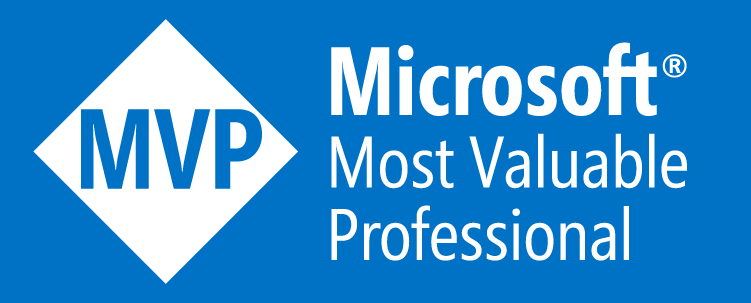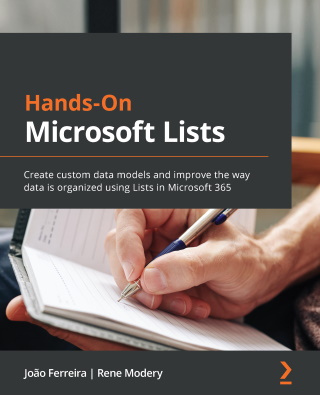Microsoft Teams admin center: App centric management for app installation and changes to app setup policies
The message details the upcoming rollout of app centric management for Microsoft Teams, which will allow admins to control app installations for users, groups, or the entire organization. It will replace ‘Installed apps’ in the Teams admin center and will be implemented in four phases starting mid-July 2024. The message also includes a link to the Microsoft 365 Roadmap and instructions for preparation.

Coming soon for Microsoft Teams: App centric management for admin app installation introduces new admin settings to control who in the tenant has specific Teams apps preinstalled. Similar to app centric management for app availability, as communicated in MC688930 (Updated) Teams admin center: App centric management and changes to app permission policies (November 2023), admins will be able to install apps for users, groups, or everyone in the organization.
After rollout, app centric management will replace Installed apps in the Teams admin center and give admins the ability to install apps individually. The Installed apps in your app setup policies will be migrated to app centric management based on your current user and group assignments for each policy. The rest of your settings in app setup policies will remain unchanged and will continue to work based on app setup policies, including Pinned apps. After this rollout, you can install Teams apps for selected sets of users, groups, or all users in the organization, and Installed apps in app setup policies will no longer be available.
This message is associated with Microsoft 365 Roadmap ID 394274.
When this will happen:
App centric management will roll out in four General Availability phases.
- Phase 1 | General Availability (Worldwide): We will begin rolling out mid-July 2024 and expect to complete late August 2024. This phase applies to tenants who meet both conditions: 1) tenants with no Installed apps in the Global app setup policy and 2) tenants with no custom app setup policies created in the Teams admin center. After rollout, these tenants will have app centric management enabled for their app installs. Admins may see the Manage apps page in read-only mode for a short time.
- Phase 2 | More details coming soon as a follow up MC post. This phase applies to tenants who meet both conditions: 1) tenants with apps added to Installed apps in the Global app setup policy and 2) tenants with no custom app setup policies created in the Teams admin center. This phase will migrate apps installed in the Global app setup policy to app centric management.
- Phase 3 | More details coming soon as a follow up MC post. This phase applies to tenants with both the Global app setup policy and custom app setup policies. This phase will migrate apps installed for users and groups through Installed apps in app setup policies to app centric management.
- Phase 4 | More details coming soon as a follow up MC post. This phase applies to all remaining tenants.
How this will affect your organization:
Before the rollout: If you install an app to a user, the user cannot actually use an admin preinstalled app if you did not take the additional step to allow the user to use it. After the rollout, if you install an app through app centric management, the user will immediately be able to use the app.
Before the roll out, a user will only have apps installed from a single app setup policy, following the policy resolution precedence rules. After the rollout, if you have multiple custom app setup policies assigned to users or groups, apps from every policy will be installed to the user or group assigned to that policy, regardless of the policy resolution precedence rules.
What you need to do to prepare:
No action needed for Phase 1 tenants. We will update this message with more information before the rollouts for Phases 2-4 tenants.
You may want to update any relevant documentation as appropriate.
Before rollout, we will update this post with revised documentation.
Message ID: MC795355


 HANDS ON tek
HANDS ON tek
 M365 Admin
M365 Admin







